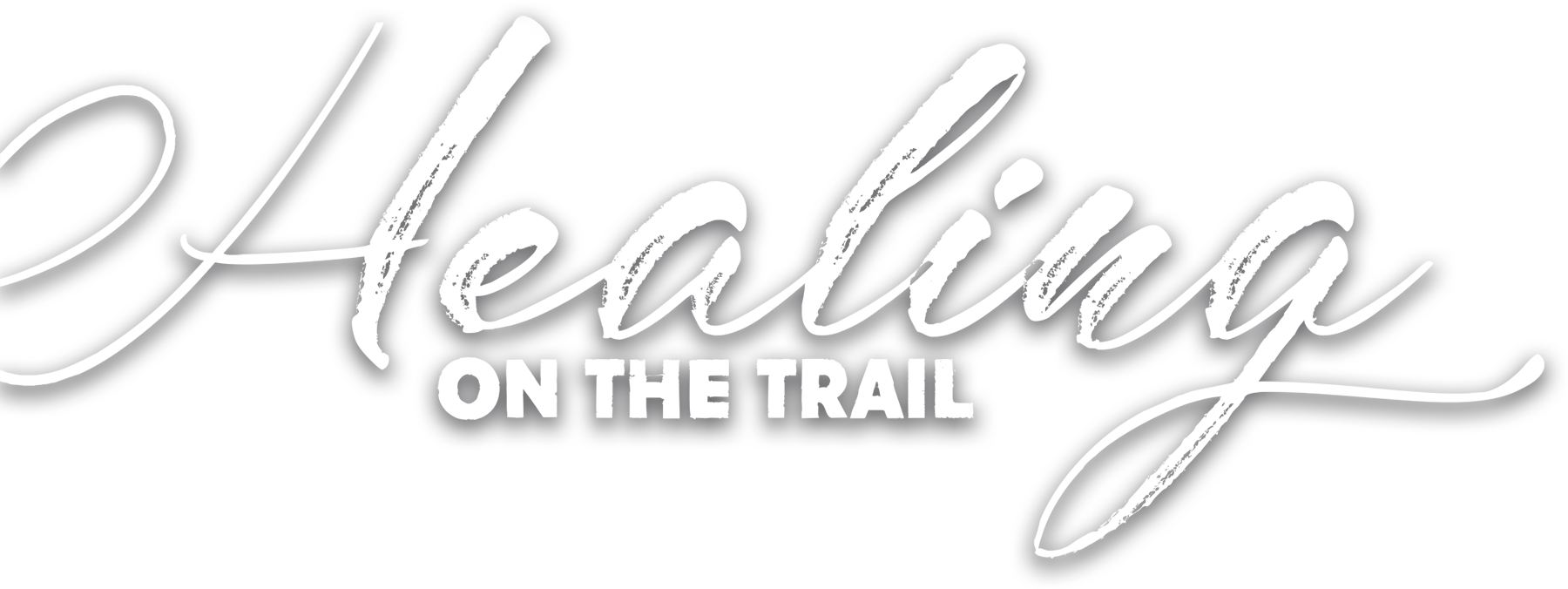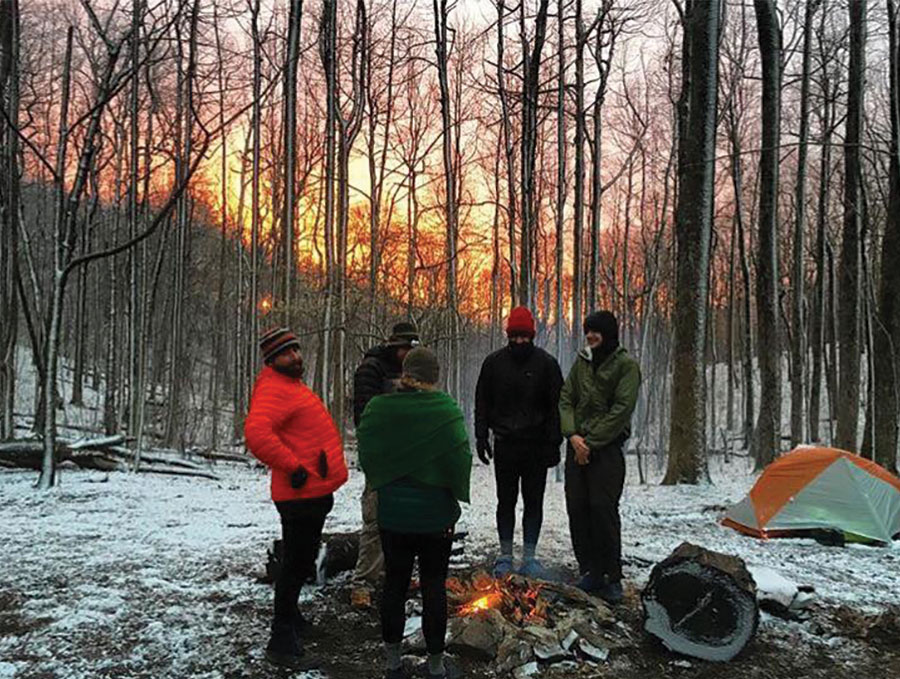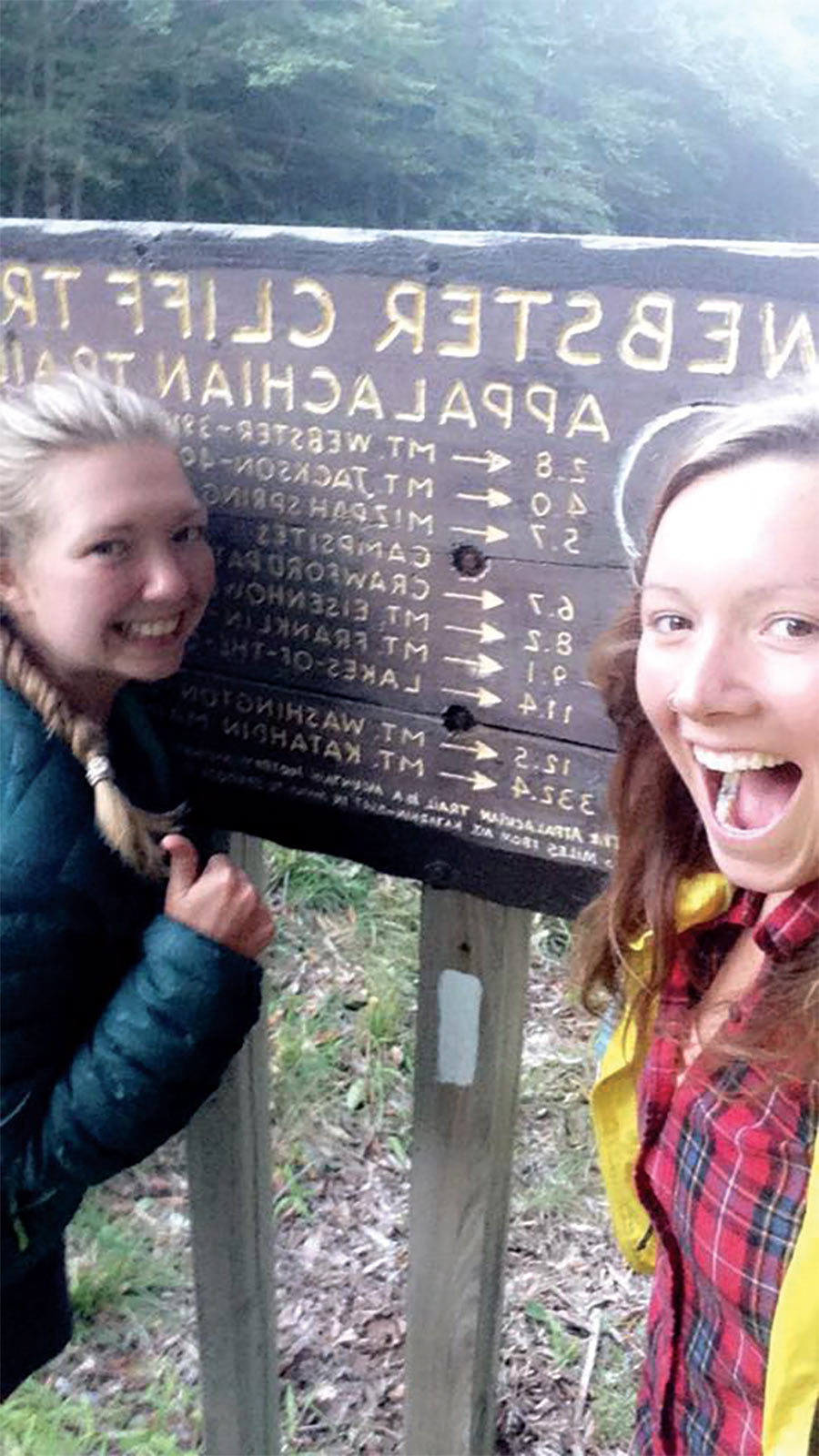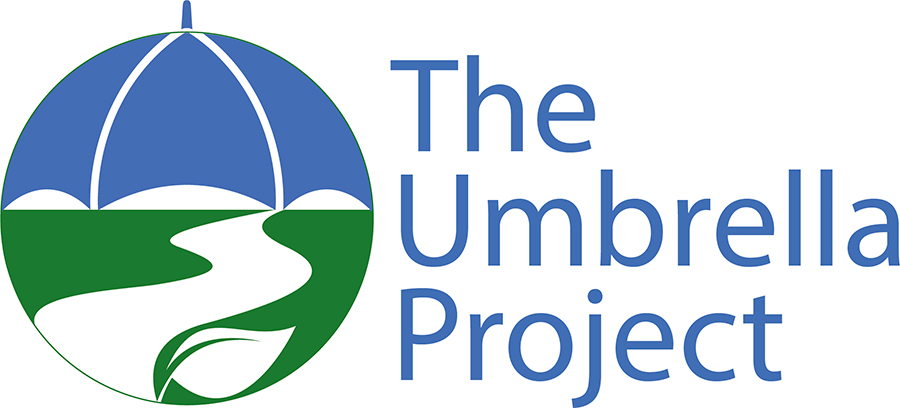
As this special summer came to a close, my life as I had known it came to what felt like a spinning halt. Within about a month, I found out that both of my parents were sick with cancer. My mom was diagnosed with breast cancer and my father with pancreatic cancer. I did not know what had hit me. Before I had even absorbed this new reality, my dad passed away in October 2015 and I put my life on pause to be with my mom as her primary caregiver.
Those were the longest fall and winter months that I can remember, or not — because I was experiencing the shock that can often accompany grief. But during the sadness of the long winter, the glimmer of an idea started to take root. I realized that the time for my own thru-hike had come. To me, it seemed like the best way to get out and begin to process the loss of my dad. I decided I would embark on my thru-hike in March of 2016. I was 22 years old.


For instance, during the month of May, I trekked through the state of Virginia. As thru-hikers know, Virginia has the longest stretch of the A.T. It rained a lot and was very hot. The thought of nearing Harpers Ferry, my family, and friends helped me persevere. I also found that hiking through the rain helped me feel a close connection with my dad, as he had always had a special connection with umbrellas and rainy days. My dad was an artist and had created “the Umbrella Project” — art happenings that were about people coming together, under and using umbrellas to create and make memories. When I was packing for my thru-hike, my mentor from my ATC internship, Laurie Potteiger, was so thoughtful and gifted me a small lightweight umbrella to carry with me on my journey in honor of my dad.
The umbrella was special and symbolic to me. It was especially on rainy days, and in other many little moments on the Trail, that I was able to feel my dad’s presence guiding me closer to my goal of reaching Katahdin. Just like my dad’s Umbrella Project, the Trail to me is essentially a beautiful journey where people from different backgrounds come together and share stories, while creating the memory of a lifetime. And I found that when I pushed through the challenging times, the Trail rewarded me with beautiful views, stunning campsites, and lifelong friends.
I connected with many amazing people who also shared stories of grief and loss with me. The camaraderie that I experienced on the Trail helped me get through many of my toughest moments. And I realized that many others were also out on the Trail working through various life obstacles — I certainly wasn’t the only one.
Now that I am five years out from my loss and studying to be a mental health counselor, I do believe that the healing properties of a long-distance hike on the Appalachian Trail (or other long trail) are like no other. In my opinion, the peace that nature brings does not compare to anything else. I also developed a whole new level of strength and resilience while on the A.T. that I had not known was within me. Without being able to get out and hike the Appalachian Trail, my grief journey would have been much more challenging. I am forever grateful for the healing powers of this magical trail.

The following year, Eliane achieved her dream and thru-hiked the Appalachian Trail. It was a life-altering and profoundly healing experience for her. Her A.T. journey was the inspiration for the non-profit organization we founded in 2019. Called the Umbrella Project, its mission is to provide grieving young adults a supported wilderness hiking experience that promotes personal growth, self-reliance, and therapeutic recreational activity to help in their healing process.
We hope to fill the void in grief programs for young adults in the 18- to 25-year-old age range who have suffered the recent loss of a parent, caregiver, or sibling. This is a critical age group that is often experiencing challenging life transitions.
Hiking on the A.T. (we hope to expand to other locations in the future) with trained, experienced leaders, young adults will participate in a powerful outdoors experience that will teach them the coping skills, self-awareness, and self-reliance that are an essential part of the healing process.
For more information visit: umbrellaprojecthike.org